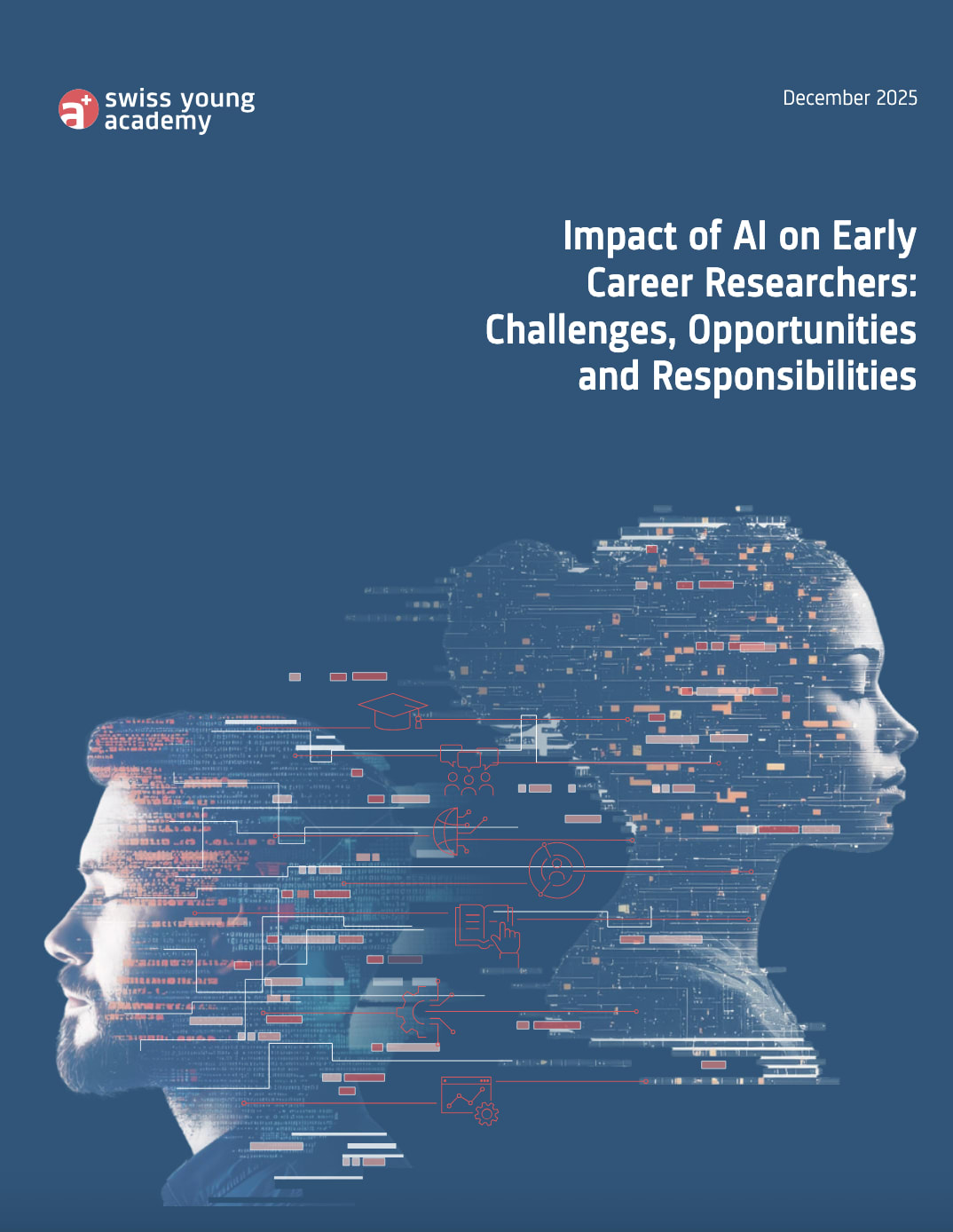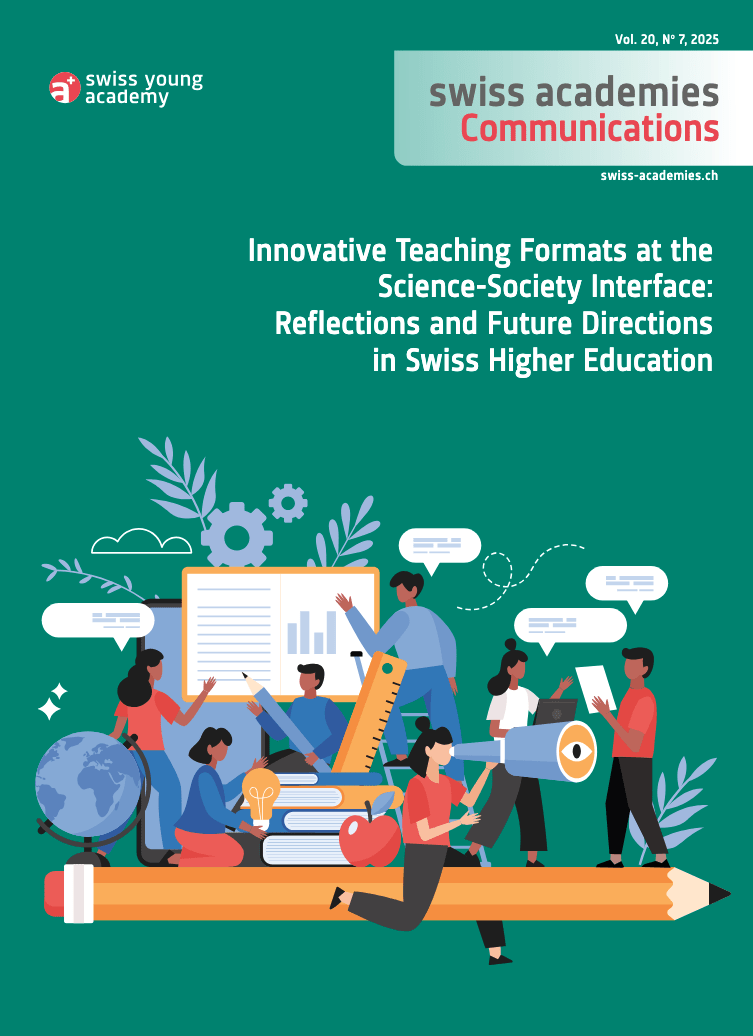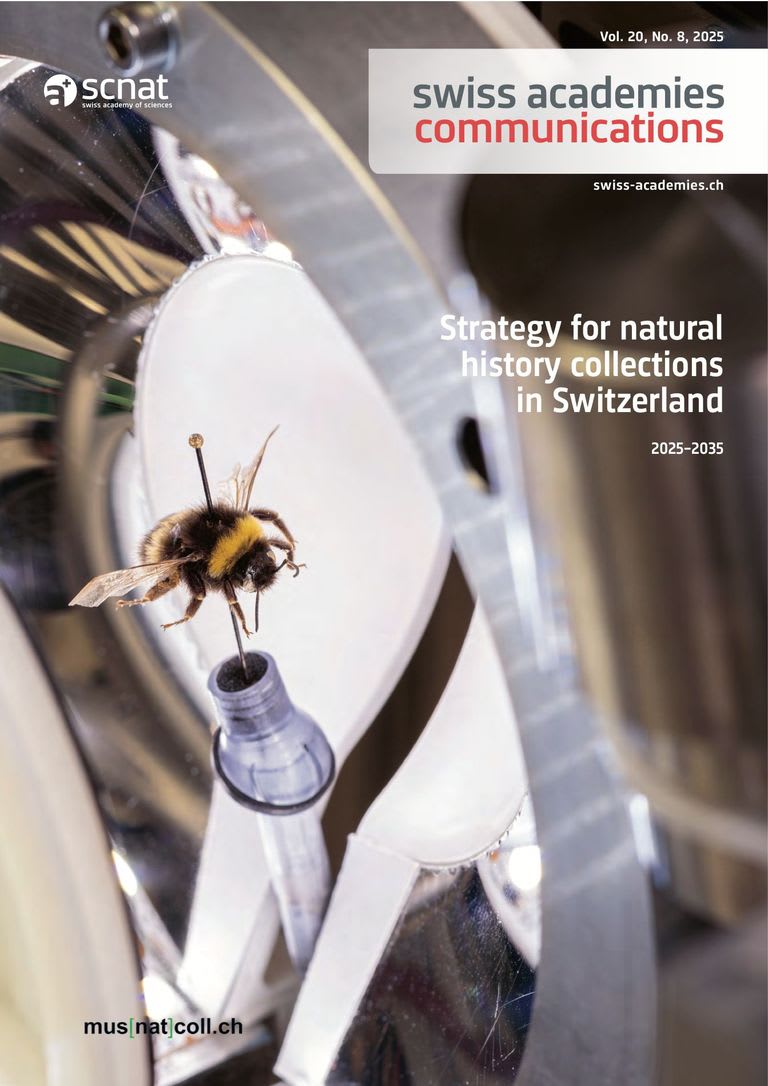Swiss Young Academy SYA
Who gets heard? Scientific experts at the Hearings of Parliamentary Specialist Committees
How science scores points with politicians
How do scientific insights find their way into parliament? Researchers in Switzerland often do not have a clear answer to this question. A new publication by the Swiss Young Academy provides practical tips, insights and background information on the legislative process. This orientation guide is intended to enable (young) scientists to successfully contribute their knowledge to parliamentary deliberations.
Ammann O., Farman D., Grüninger S., Maier S., Wyss R. (2023): Wer wird gehört? Wissenschafter:innen in den Anhörungen der parlamentarischen Sachbereichskommissionen.
Swiss Academies Communications 18 (3).




